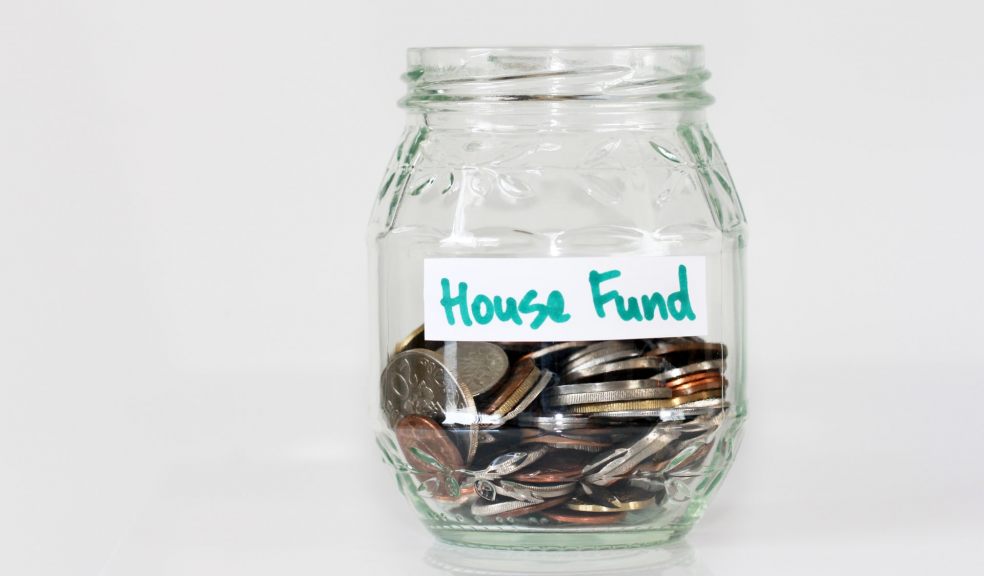
3 Principles for Saving Money
It is commonly believed that only low-income people face a lack of money. In fact, even rich people who have money not just for PlayAmo Casino but also for real casinos can suffer from a lack of money. And if some people can live within their means easily, others may need help, namely a pre-planned budget.
However, it is not enough to schedule your income and expenses - there are even dozens of applications for this. The hardest part is sticking to a financial schedule. Two key ideas need to be assimilated in order not to go overboard.
The Reality Is That We Never Have Enough
On the one hand, we are very lucky to live in a world where you can leave your house and find several supermarkets within a one-kilometer radius, some of which turn out to be 24/7. On the other hand, our desires are suddenly confronted with extremely limited options. That is, formally there is a choice, but in fact the vast majority can not afford this choice and makes purchases according to their wallet, not their needs. And in order not to suddenly sacrifice something really important, you have to learn how to prioritize.
A Smart Budget Is All About Peace of Mind and Confidence
Agree that the stress becomes much less if you know: somewhere in an envelope or in a separate account in the bank stashed cushion. After all, no one can be 100% sure of tomorrow. And no matter how much we would like, but not everything in our lives we can affect: there are force majeure, and sudden loss of work and, unfortunately, health problems. And to soften the blows of fate, it doesn't hurt to make some financial straw.
Once you understand that financial well-being is important not only in the moment, but also in the long term, budget planning is no longer perceived as something optional. And that's where we get down to concrete action.
Analyzing Expenditures
For most people, it may come as a surprise how much money is spent on spontaneous purchases. It would seem: a sale, a T-shirt at a discount, and if you take two, you get a nice pair of shorts as a gift. Or a trip to the nearest store for bread and milk suddenly turned into buying groceries for a week. Or not for a week? When you sort out the packages at home, it turns out that nothing important was taken. And so every month, or worse, every week. If you make a list of necessary products in advance and take a limited amount with you - strictly to pay for the selected products, you will not spend on anything extra.












